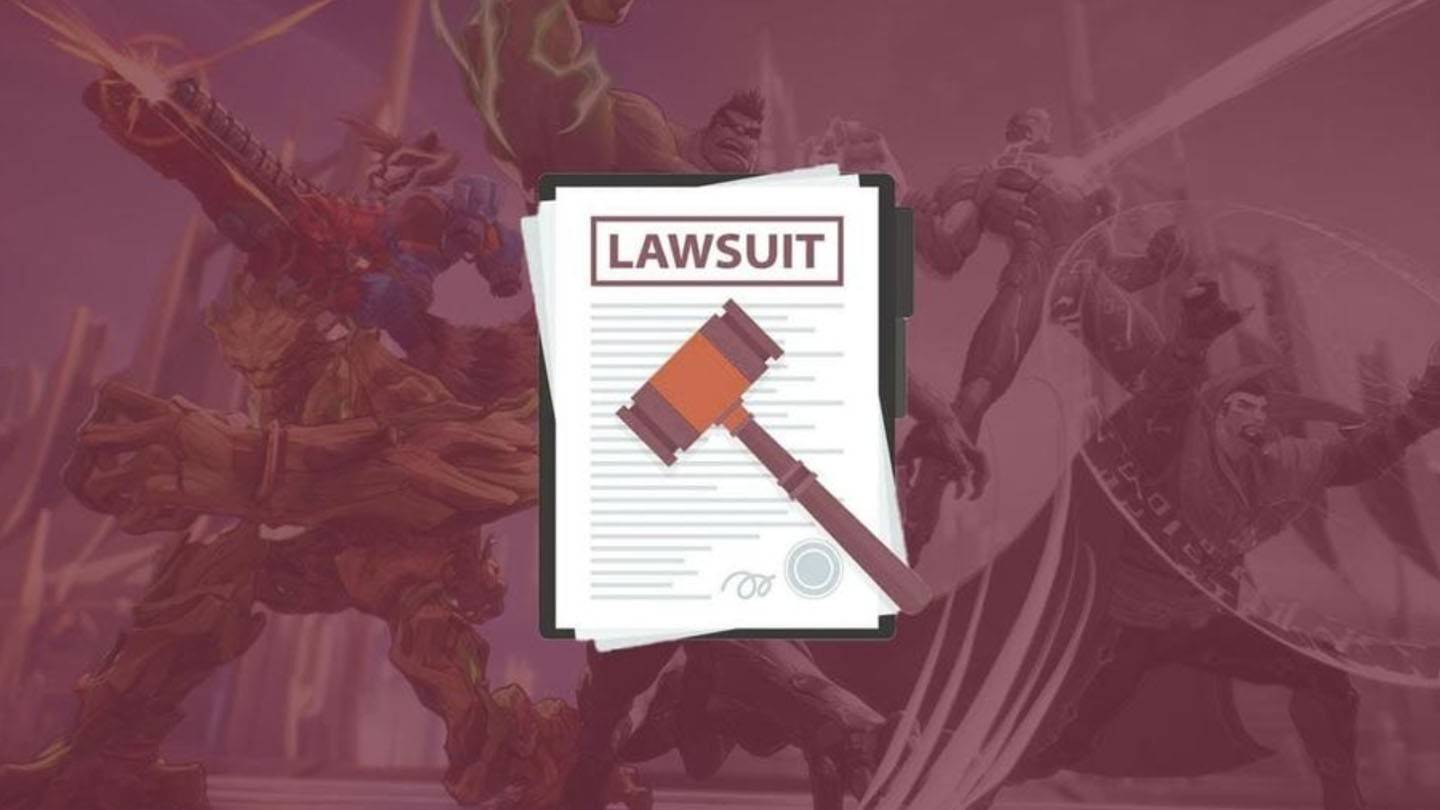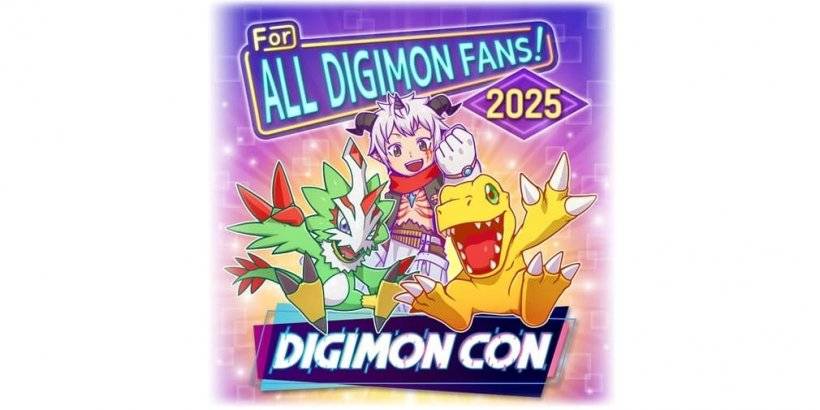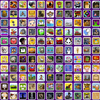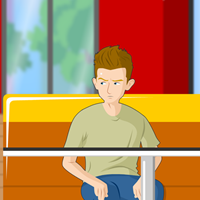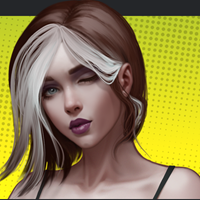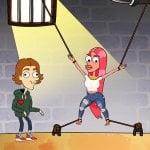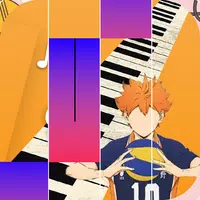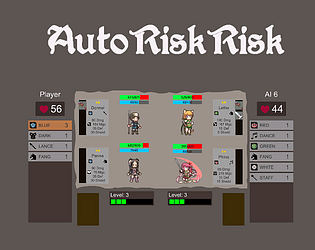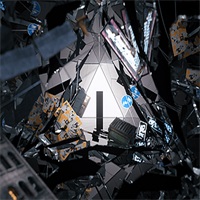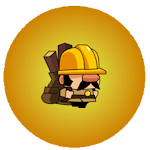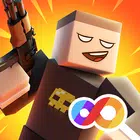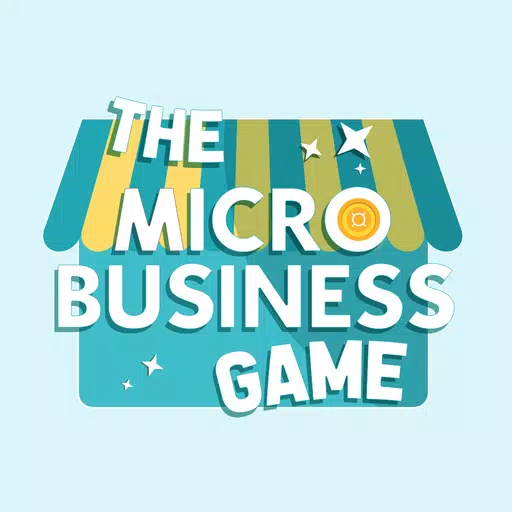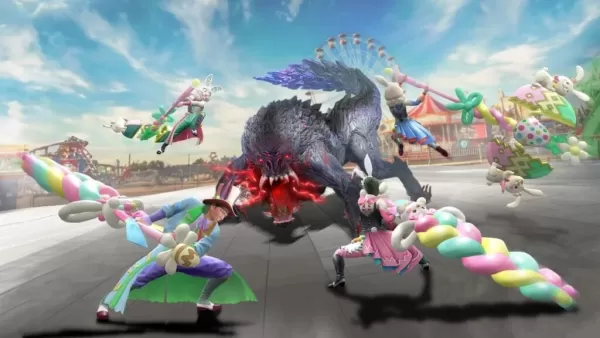Neil Druckmann on Sequels: 'I Never Plan Ahead, Lacking Confidence'
At the recent DICE Summit in Las Vegas, Nevada, Neil Druckmann from Naughty Dog and Cory Barlog from Sony Santa Monica engaged in a heartfelt discussion about a topic close to many creatives' hearts: doubt. The hour-long conversation delved into personal reflections on self-doubt, the validation of creative ideas, and the intricacies of developing characters across multiple games.
An intriguing moment came when Druckmann was asked how he and his teams approach character development over several games. His response was unexpected; he revealed that he doesn't think about sequels while working on a current project. "That's a very easy question for me to answer, because I never think about multiple games, because the game in front of us is so all-consuming," he explained. Druckmann stressed the importance of focusing solely on the present project, suggesting that planning for sequels too early might jinx the current game's success. He mentioned that while making The Last of Us 2, he occasionally entertained ideas for potential future games but always treated each project as if it might be the last. "I'm not saving some idea for the future. If there's a cool idea, I'm doing my best to get it into here."
Ten-year payoffs
Druckmann further elaborated that this approach applies to all his work, with the possible exception of the The Last of Us TV series, which is planned for multiple seasons. For sequels, he looks back at what has been done, identifying unresolved elements and potential paths for characters. If he feels a character has no further journey, he humorously suggested, "I think we'll just kill them off." He illustrated this with the Uncharted series, noting that iconic moments like the train sequence in Uncharted 2 were not planned during the development of the first game.
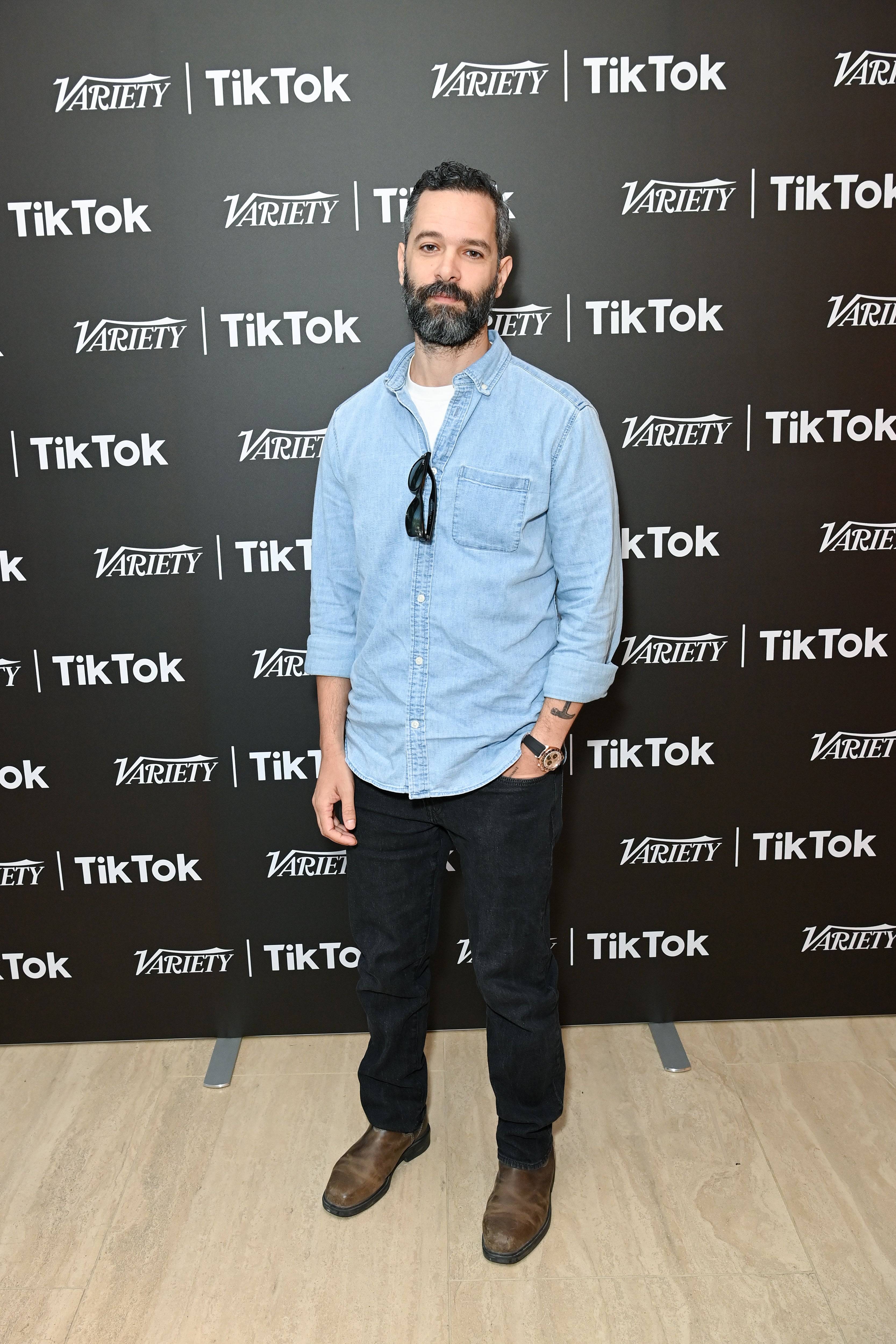
In contrast, Barlog shared a different approach, describing his method as akin to a "Charlie Day crazy conspiracy board," where he tries to connect and plan various elements over time. He finds it magical to link current work with plans from a decade ago, though he acknowledges the stress and complexity this brings, especially with the involvement of numerous team members over the years.
Druckmann admitted that such long-term planning requires a level of confidence he doesn't possess, preferring to focus on the immediate future rather than planning years ahead.
The reason to wake up
The conversation also touched on their passion for their work and the challenges they face. Druckmann shared a story about directing Pedro Pascal for the The Last of Us TV show, highlighting the intense dedication to their craft. Despite the stress and occasional panic attacks, Druckmann emphasized that the love for games and storytelling is what drives him. "It's the reason to wake up in the morning. It's why we do what we do," he said, acknowledging the negatives like death threats but focusing on the joy of creating with talented people.
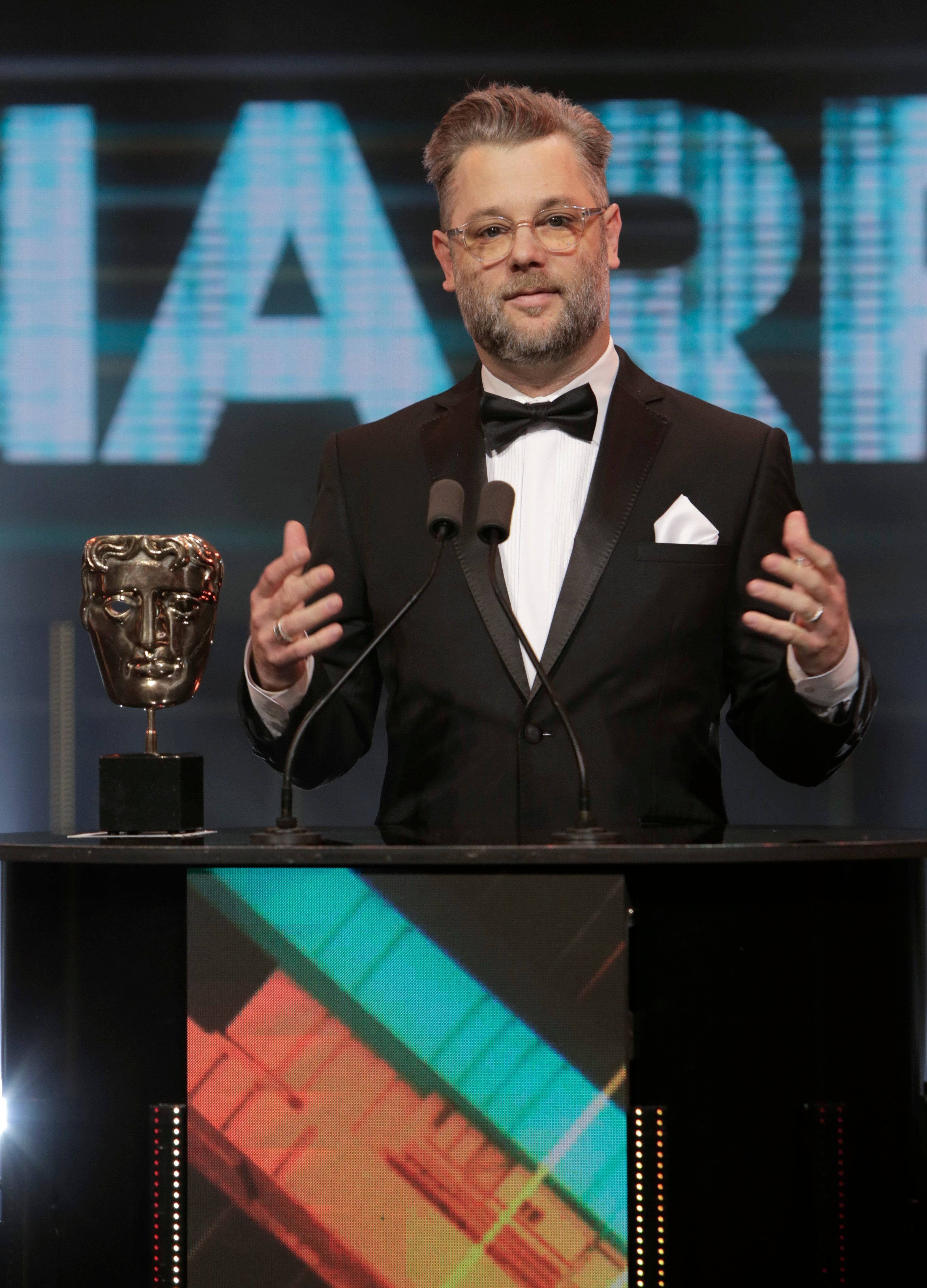
Druckmann then posed a question to Barlog about when the drive to create becomes enough, especially in light of their colleague Ted Price's retirement. Barlog's response was candid and introspective, admitting that the drive is never truly satisfied. He described the feeling of reaching a creative peak as both amazing and horrible, driven by an internal "demon of obsession" that always points to the next challenge. "Is it ever enough? The short answer's, no, it's never enough," Barlog concluded, reflecting on the relentless pursuit of new creative heights.
Druckmann shared a softer perspective, recalling advice from Naughty Dog's Jason Rubin about creating opportunities for others by stepping back. He envisions gradually reducing his day-to-day involvement, eventually creating space for new talent to emerge and take on the challenges and joys of game development.
The discussion ended on a light note, with Barlog humorously suggesting that Druckmann's words were convincing enough to consider retirement.
-
The meteoric rise of Marvel Rivals, NetEase's multiplayer game, has been met with both praise and legal trouble. Although the game rapidly attracted millions of players, its success has been shadowed by serious legal issues for the developer.In JanuaAuthor : Violet Dec 22,2025
-
Digimon Con 2025 has teased a new TCG announcement for fans.Strong hints suggest a mobile-related project is in development.Could this be a potential competitor to Pokémon TCG Pocket?For fans of the long-running Digimon franchise, the upcoming DigimoAuthor : Alexis Dec 21,2025
- Spring Valley Farm Game: January 2025 Redeem Codes
- WWE Superstars Join Call of Duty Warzone: Mobile Roster
- Midnight Girl is a minimalist point-and-click adventure set in Paris in the 60s, now open for pre-orders on mobile
- Mobile Legends: Bang Bang – Best Lukas Build
- "Grand Outlaws Unleashes Chaos and Crime on Android Soft Launch"
- Video Game Song Surpasses 100 Million Streams on Spotify

